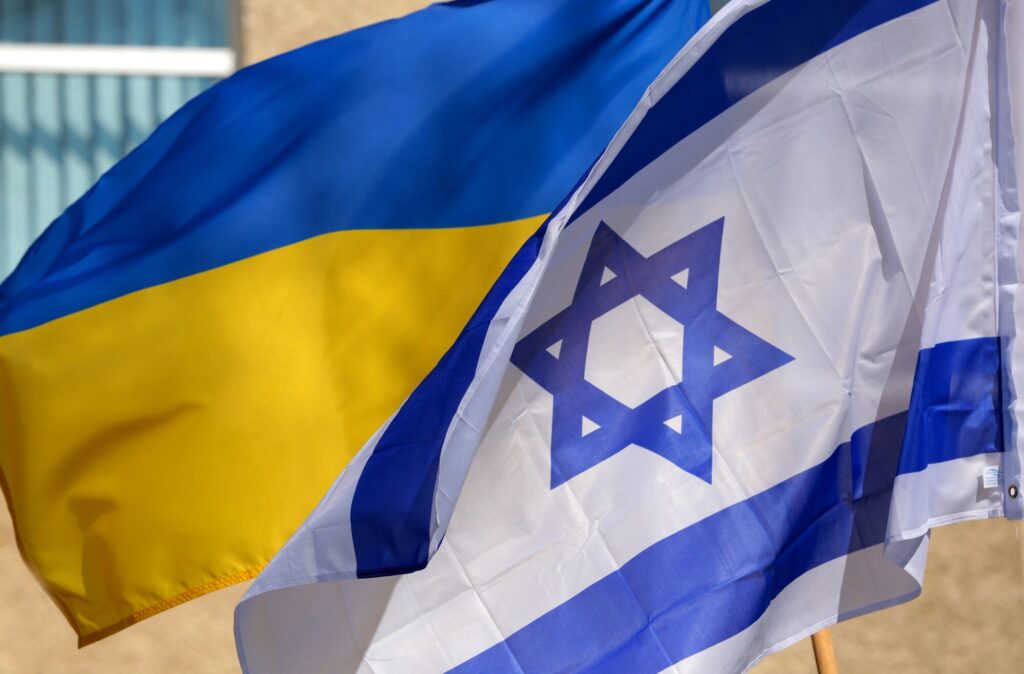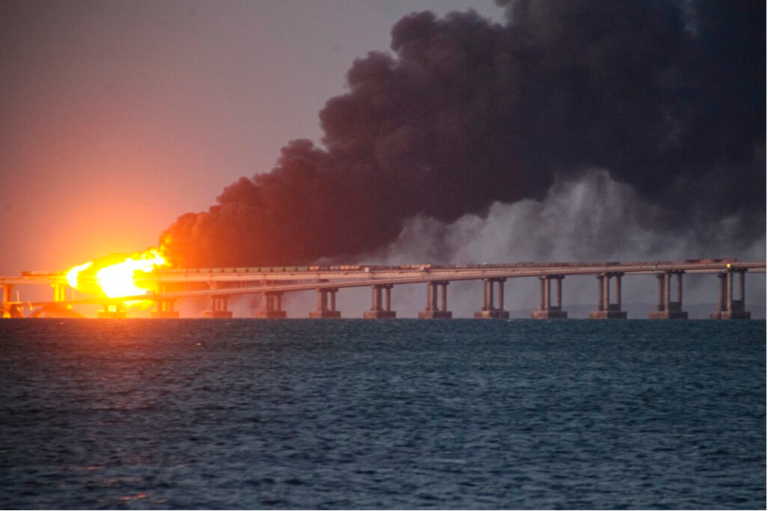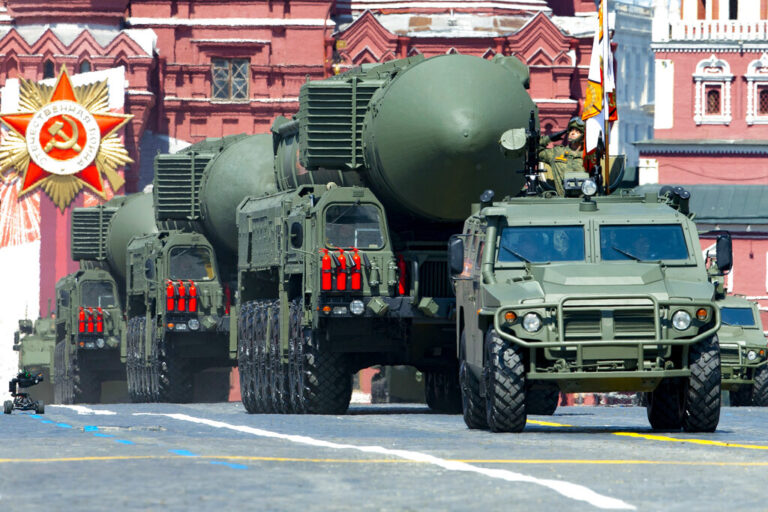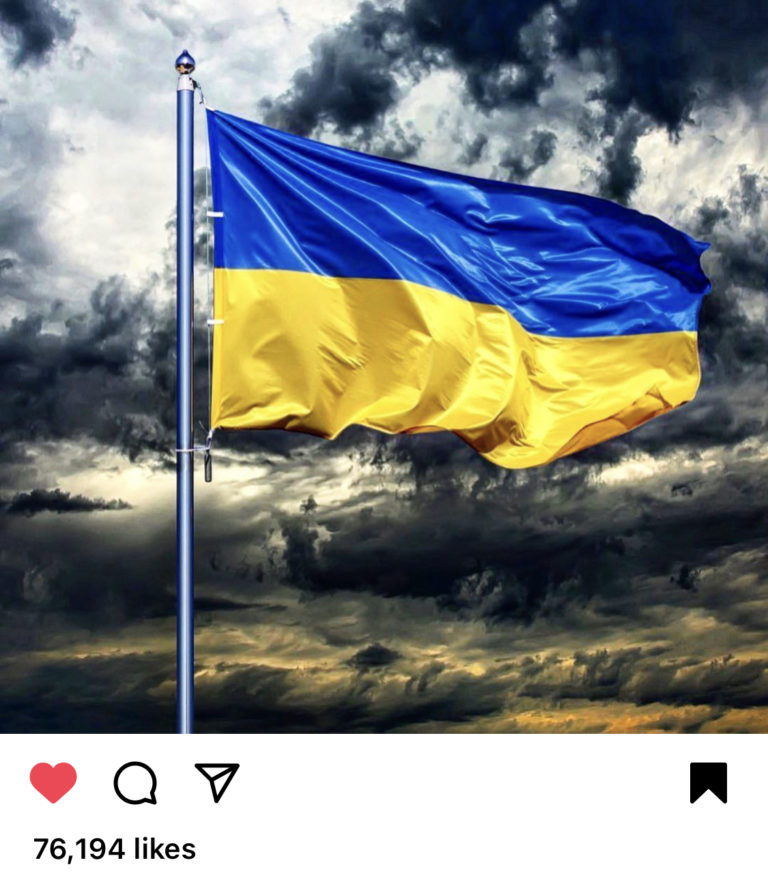
As the Russia-Ukraine war comes to the end of its second year, questions arise about Ukraine’s ability to succeed. Through the five-month counteroffensive, gains have been minimal, and the aid and support needed have continued to increase.
As the summer came to a close, unconditional support for Ukraine wavered. More than 18 months into the war, Ukraine had managed to hold off Russia but was unable to regain control of all its territory. The GOP began to voice opposition to continuous aid to Ukraine, and 41 percent of the US population was reported to believe that the government is doing too much to support Ukraine. In the temporary spending bill passed on September 30 to keep the government running, no funding for Ukraine was approved. It was soon after this that a war broke out in the Middle East. With two major wars competing for attention and military support, the US and the EU must divide their support, possibly endangering the Ukrainian war effort.
The immediate shocks from the Hamas attacks on Israel overwhelmed international media and politics. Ukraine’s President Zelensky was one of the first leaders to reach out to Israel and Netanyahu to offer condolences despite previous rocky ties between the countries. Russia, on the other hand, has proceeded with a careful balancing act of remaining neutral in the conflict and condemning the alleged Western failures that led to this situation. However, most Western countries have pledged support to Israel, claiming it has the right to defend itself and hesitating to denounce the thousands of civilian casualties. The quick alliances in the aftermath have raised tensions regarding support for Ukraine.
Despite Ukraine reaching out to Israel first, Israel remains neutral in the Russia-Ukraine war due to its reliance on Russian control in Syria, refusing Zelensky’s offer to visit post-attack. In its support for Israel, Ukraine endangered its hard-won relationships with Arab and Muslim nations. Countries like Saudi Arabia, Qatar, and Turkey, who have all previously provided support for Ukraine, now accuse the West of holding double standards for Russia and Israel. Russia is making a similar argument, thus strengthening its relationship with the Arab countries, with which it was already on good terms as it has become dependent on unmanned aerial vehicles from Iran.
The divide in the responses to the Israeli-Hamas war has put pressure on Ukrainian allies and has become the most divisive conflict in the world. Even NATO has begun to fracture its support, with Turkey and Hungary attempting to stop funding. With the crumbling unity among the US, EU, and NATO, Ukraine’s fight is becoming endangered as they continuously ask for more aid and investment in military gear to fight Russia’s advancing attacks on the Eastern front.
With two wars occurring, the need for aid, unity, and a push for peace is clear. However, it is becoming obvious that two major conflicts are difficult to manage and support simultaneously.
The House of Representatives passed an aid resolution with $14.3 billion in funding for Israel which cut IRS funding, and yet provided no aid for Ukraine. While this will not pass in the Senate, it reflects the global situation. The intensity and atrocities occurring in the Israel-Hamas conflict at the moment greatly overshadow the long, drawn-out war that Ukraine has been struggling with.
While Zelensky is attempting to portray himself as a sympathetic ally and not a competitor for aid and attention, there is little debate that any decrease in the funding and military assistance to Ukraine drastically increases Russian advantage.
Now is a time that will truly test the Western support for Ukraine in its fight for freedom and democracy. The West has managed to stay united thus far in its support, which is one of the few reasons Ukraine is still standing today. However, as international relations and global tensions become increasingly messy and expensive, Ukraine faces growing danger of eventually succumbing to Russian forces. The upcoming winter is critical to Ukrainian survival, yet whether it can continue to garner the support it requires is uncertain.



